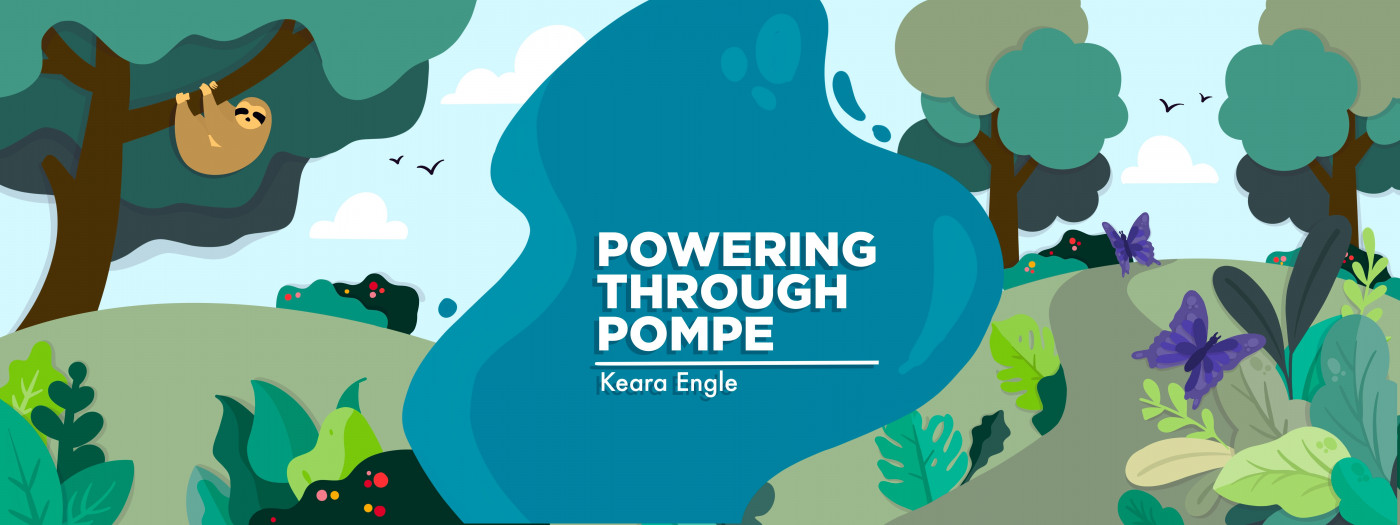Making hard decisions is part of parenting a child with a rare disease
Surgery? Weekly casts? Pain? My son and I sort through the options he faces
Written by |

Over the years, I’ve had to make countless hard decisions for my 5-year-old son, Cayden, who has infantile-onset Pompe disease. He’s had surgeries, adaptive equipment, and appointments that haven’t been easy. I guess you could say I’ve gotten used to such decisions over time, but that doesn’t mean they get any easier.
Recently, Cayden had an appointment with a new doctor at the bone and joint clinic. We’d never seen this doctor before, though Cayden had visited the clinic. We talked about some hard but necessary topics.
We mostly made this appointment because Cayden’s physical therapist wants him to use his stander daily, saying it could strengthen his bones and prevent breaks and fractures. He was in his stander daily from ages 1-2, but when he was 3, he was hospitalized on multiple occasions for months on end, causing us to fall behind on using it.
Cayden now has extremely tight tendons in his legs, more specifically in his feet. This tightness causes him pain, which led him to scream and cry when the time came to get in his stander. I couldn’t bear to see that any longer, so I stopped putting him in it until we had this appointment.
Considering options for care
This doctor gave me a few options. We could do serial casting, in which Cayden would get a series of casts on his legs over the course of about six weeks or so; I’d have to take him to the clinic once a week to get the casts changed. We’d also have to avoid getting the casts wet, which would make showering, which is already difficult, even harder.
We were also given the option of tendon-lengthening surgery. It’d fix the tightness in his tendons, but it’d have a brutal recovery process. I don’t want that for my son. He’s already been through enough in his lifetime, and I can’t fathom putting him through yet another painful surgery to get him in his stander.
I’ve come to terms with knowing that Cayden will never walk. He’s already 5 and has never been able to walk or stand up independently. Although he was diagnosed with Pompe through newborn screening, his disease is on the severe end of the spectrum. Both of his genetic mutations are labeled very severe, meaning he’s more affected than some other children who were diagnosed early.
Because I’ve accepted that he’ll never walk, I can’t see why we should put him through a painful surgery or an uncomfortable series of casts. He’s vocal about not wanting to go in his stander, and even though he’s still young, I believe he should have a voice in some of these decisions. If he doesn’t want to be in his stander, I won’t force him to do it.
As he gets older, he may decide he wants to go through with tendon-lengthening surgery, and I’d support him. But as of now, I don’t see this option as best for him. He’s only going to be a kid once, and I want him to be able to enjoy his childhood as best he can. If that means no standing, then so be it. Right now he’s completely content sitting and using his wheelchair. If that changes, we’ll cross that bridge at the time.
Note: Pompe Disease News is strictly a news and information website about the disease. It does not provide medical advice, diagnosis, or treatment. This content is not intended to be a substitute for professional medical advice, diagnosis, or treatment. Always seek the advice of your physician or other qualified health provider with any questions you may have regarding a medical condition. Never disregard professional medical advice or delay in seeking it because of something you have read on this website. The opinions expressed in this column are not those of Pompe Disease News or its parent company, Bionews, and are intended to spark discussion about issues pertaining to Pompe disease.







Isabel Gallegos
My son Jacob is now 12 years old. He was walking until Covid came in 2020. School was what pushed Jacob to get up and go. He had severe Lordosis, so when he walked he had a gait and leaned back. But Jacob was always on the go. After about a month out of school I noticed Jacob scooting around more. He eventually stopped trying to walk saying it was hard. He developed contractures of his ankles. To which we went ahead and did the lengthening surgery just last December 2023. Recovery was hard. And he is still recovering. Therapy wants to stretch and move his feet but they are so stiff. Jacob has alot of pain at times. The goal is to get him in the stander eventually. I don't think Jacob is strong enough for that. One day at a time. His pulmonary function is decreasing every 6 months.Just hard right now. Thank you for your stories. They help me not feel so alone. Prayers for you and your son and family.